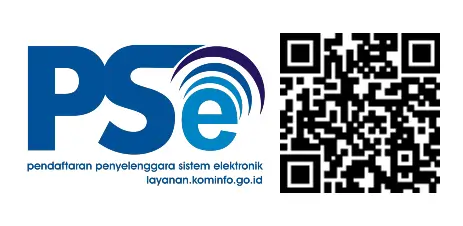Question
Hello Pakleg, I want to ask, I am a new business that wants to apply for a capital loan, but today there are many alternatives and I am afraid of certainty in financing, can I ask for a brief explanation of MSME business credit and the requirements? (Asya, Attack)
Answer: Capital is one of the important aspects in developing a business. Today there are many alternatives and many effective ways to get additional capital apart from the facilities provided by banks. To understand capital, it is necessary to explain the types and types of capital suitable for MSMEs, including:
- fintech P2P Lending offers fast and easy online loan processes. Not a few P2P fintechs offer business capital loans with more attractive schemes than banks.
- company e-commerce is one of the parties that can provide business capital loans for merchants selling on e-commerce platforms. By analyzing merchant behavior data stored on the platform and collaborating with lending partners, e-commerce offers an attractive loan scheme for business capital.
- electronic wallet company or e money non-banks launched installments without a credit card or PayLater . Paylater can be used by entrepreneurs as working capital to finance operational expenses.
- the business capital loan from the government, namely KUR, still offers the lowest interest rates due to subsidies.
It should be understood that the four capital alternatives above are a form of financing institution. The regulation regarding financing institutions is basically regulated in Presidential Decree No. 9 of 2009 concerning financing institutions and the Decree of the Minister of Finance of the Republic of Indonesia Number: 1251 / KMK.03 / 1988, in this regulation it is explained that the definition of a financing institution is:
“Financing Institutions are business entities that carry out financing activities in the form of provision of funds or capital goods.” while a finance company is a business entity specifically established to conduct business leasing, factoring, consumer financing and / or credit card businesses. “
dan
“Consumer finance (Consumer Finance) is a financing activity for the procurement of goods based on consumer needs with payment in installments. “
In UMKM, capital in general will only relate to financing companies and Consumer Financing which is described in article 3 of the Presidential Decree. Financial institutions activities from the financing business include:
- Rent;
- Accounts Receivable Factoring;
- Credit Card Business; and / or
- Consumer finance.
However, it is important to understand whether your company is included in the MSME category according to Law No.20 The year 2008 explains in essence: an UMKM business is a productive business owned by an individual and / or an individual business entity that meets the criteria of a Micro Business as regulated in this Law. A business is said to be a micro business if it has total assets of at most 50 million Rupiah and does not include the calculation of land and buildings for business premises. In addition to calculating the total wealth of the business, it can also be calculated based on the income of the entrepreneur. If it reaches 300 million Rupiah per year, then it is classified as a micro entrepreneur. Then, a business is said to be a small business if it has total assets of between 50 million Rupiah and 500 million Rupiah and the entrepreneur has an income of between 300 million Rupiah to 2.5 billion. Meanwhile, a business is said to be a medium-sized business if its total assets are between 500 million Rupiah to 10 billion Rupiah or the entrepreneur has an annual income of around 2.5 billion Rupiah to 50 billion Rupiah. In general, credit financing will be divided into 4, namely:
- Working capital credit
- Investment Credit
- People’s business credit and
- Micro Business Credit
People’s Business Credit (KUR) is credit / financing provided by banks to MSMEs that are feasible but not yet bankable . KUR aims to improve and expand Bank services to productive MSMEs, increase the competitiveness of MSMEs, encourage economic growth and employment, and alleviate poverty. Micro Business Credit (KUM) is a credit given to micro entrepreneurs to finance productive business needs both for investment needs and working capital needs. In the bank Mandiri website, the following are the requirements that must be taken to apply for KUR and KUM:
KUR Micro and KUR Retail:
- Prospective Debtor / Debtor does not have credit or
- Prospective Micro and Small KUR Recipients can currently receive credit / financing, namely KUR at the same dealer, home ownership credit, motor vehicle credit / leasing, credit cards, and warehouse receipts with current collectibility.
- In the event that a Prospective Debtor / Debtor still has a debit tray for Productive Credit and / or Program Credit outside of KUR but the person concerned has paid it off, then a Certificate of Settlement / Roya is required with an attached current account printout from the Previous Bank.
- Not signed in daftar National Black Check and / or Blank Giro Withdrawal.
- The age of the Prospective Debtor is at least 21 years old or already married (as evidenced by a National Identity Card (KTP) or Birth Certificate / Birth Identity Card or Family Card (KK) or Marriage Certificate from the authorized agency) and when the credit is paid the maximum age is 60 years.
- Have a productive and feasible business that has been running for 6 (six) months.
KUM application requirements
- Indonesian citizens domiciled in Indonesia.
- Minimum 2 years of business in a location with the same line of business.
- Minimum age 21 years or already married. Maximum age 60 years when the credit is paid off.
- Have never obtained a credit facility or have / have obtained a credit facility with collectibility Current or not in a non-performing credit condition.
- Document Requirements:
- Copy of ID card of prospective debtor and copy of KTP of husband / wife of prospective debtor
- Copy of Family Card (KK)
- Copy of Marriage Certificate (for those who are married) or divorce papers (for those who are divorced)
- Copy of NPWP
- Business Certificate from the Village / Sub-District, Market Service or local Authority where the Prospective Debtor has a business or Business License
- Copy of Mandiri Tabungan or Mandiri TabunganMU book in the name of a Prospective Debtor












































